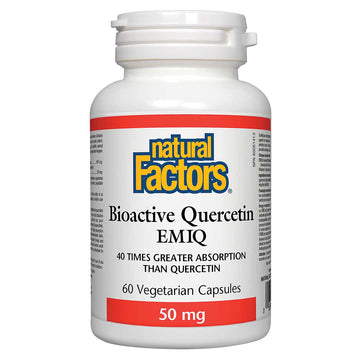Best vitamins & supplements for Healthy gums
(175)
Good oral hygiene, including brushing and flossing teeth regularly, is the best way to maintain healthy gums. In addition to brushing and flossing, a balanced diet that includes a variety of fruits and vegetables, whole grains, and lean protein sources can also support oral health. Some studies have suggested that certain vitamins and minerals, such as vitamin C and calcium, may be important for maintaining healthy gums. However, it is not necessary to take specific supplements for healthy gums, as a balanced diet should provide all the necessary nutrients. If you are concerned about your gum health, it is best to consult with a dentist or a healthcare provider who can evaluate your individual situation and provide appropriate guidance.
A deficiency in certain vitamins and minerals can lead to a variety of health problems, including problems with the gums. For example, a deficiency in vitamin C can lead to a condition called scurvy, which can cause gum swelling, bleeding, and loss of teeth. A deficiency in calcium can lead to weak and brittle bones, including the bones in the jaw that support the teeth. However, it is not common to develop a deficiency in these vitamins in developed countries where a balanced diet is readily available. If you are concerned about your gum health, it is best to consult with a dentist or a healthcare provider who can evaluate your individual situation and provide appropriate guidance.
A deficiency in certain vitamins and minerals can lead to a variety of health problems, including problems with the gums. For example, a deficiency in vitamin C can lead to a condition called scurvy, which can cause gum swelling, bleeding, and loss of teeth. A deficiency in calcium can lead to weak and brittle bones, including the bones in the jaw that support the teeth. However, it is not common to develop a deficiency in these vitamins in developed countries where a balanced diet is readily available. If you are concerned about your gum health, it is best to consult with a dentist or a healthcare provider who can evaluate your individual situation and provide appropriate guidance.






























